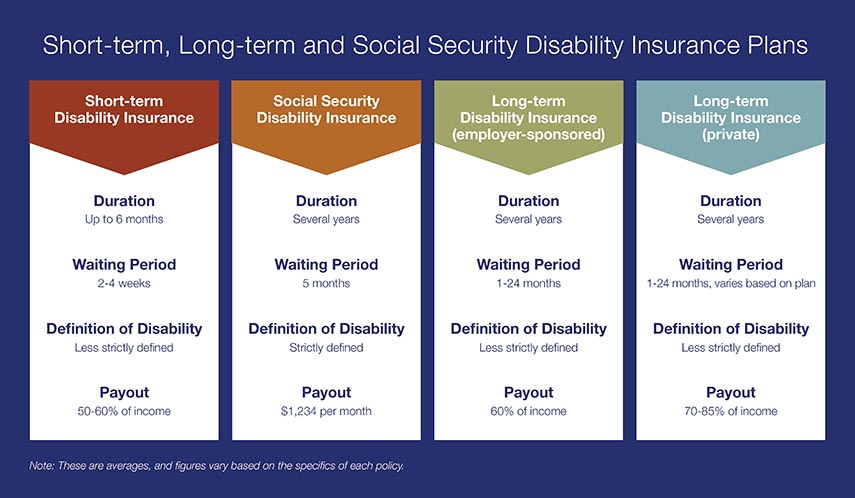As the owner of your practice, you need to make good financial decisions on behalf of your staff. Here are six financial mistakes made commonly in dentistry, plus how you can avoid making them yourself.
Owning a dental practice is a never-ending process of trying to balance the work you do for your clients and making sure your business and employees thrive. Not only do you have to play the role of dentist, but you’re a small business owner, too. It can be easy for financial mistakes to happen when you’re juggling those two roles. Knowing what road bumps are ahead can help you avoid any blunders. Here are six common financial mistakes made by dentists and how to avoid them.
1. Not assessing dental practice finances frequently enough
When your days are spent ensuring your clients are leaving with a healthier smile than they walked in with, it can be easy to put off balancing the books. However, neglecting to do so opens you to financial disorganization and worse, potential internal theft. While you may trust your staff, internal fraud happens due to a variety of reasons, such as pressure, opportunity and rationalization. Employees are only able to steal if they’re given the opportunity to do so, meaning ownership is not routinely involved in operational procedures. Check in consistently with employees who handle your finances or have access to the business’ funds. Sitting down to routinely assess your finances, and making sure everything checks out, will save you any potential problems in the future.
2. Not implementing dental practice insurance fraud prevention
Like internal theft, insurance fraud is another watch-out for dentists who own their own practice, especially if they have a partner in the business. Insurance fraud is fairly common, stealing at least $80 billion from American consumers each year. In dentistry, fraud is commonly perpetrated by both the consumer and the provider, even if unintentional.
Here are some common types of dental fraud to watch for:
- Performing unnecessary services
- Waiver of insurance-related fees, such as copayment or deductible
- Unlicensed personnel performing procedures
- Unbundling of claims, where one submits several procedures separately to receive higher reimbursement
- Billing for services not rendered or upcoding of dental procedures
- Altering records, forms or claims for the purpose of financial benefit
- Misrepresentation of services or dates of service
Understanding dental fraud is the first step; the second is to create company policies that work to prevent fraud and punish when fraud is detected.
3. Failure to insure your dental practice adequately
Every business owner must insure properly to protect themselves, their employees and their business should anything happen. If an injury, illness or unexpected change in lifestyle occurs, proper insurance can make sure that event doesn’t negatively affect your business. At the same time, you don’t want to waste money on insurance you don’t need either. Whether you’ve been in business for five days, five months or five years, taking the time to sit down and see areas you should insure is as important as taking the time to brush twice a day (but preferably more often).
Consider purchasing disability insurance should you be unable to work, robust health insurance for you and your employees should your health faulter and be sure to insure your building should it be affected by a natural disaster or another random occurrence.
4. Not taking advantage of dental practice tax savings
Taxes are a key part of managing your finances, and a shortcoming you may be participating in is not exploring what tax savings are out there for you. Here are some tax savings you may be able to take advantage of.
- Federal research and development (R&D) tax credit: This credit is awarded to organizations and businesses that advance innovation; if your work improves or develops new products, techniques, technologies, formulas, inventions, software or processes, you may be able to claim the R&D credit when you file.
- Structure of dental practice entity: How your business is structured also influences your taxes. For example, when a C-Corp is taxed on the corporate tax return, they’re taxed again once dividends are distributed to shareholders. You may be able to avoid this double-tax by converting your business to an S-Corp structure.
- Write-offs and depreciations: Expensing the cost of equipment is standard practice, but did you know you may also be able to claim on the depreciation of that equipment? While there are many specifics, the bonus depreciation is an additional first-year deduction for certain qualifying business property purchased.
- Out-of-pocket charitable expenses: Not only do charitable donations reflect positively on your practice, but they may also be deductible against your taxes. The limit on charitable contributions is 60% of adjusted gross income. Travel, lodging, meals and sponsoring sports teams all count, as they relate to volunteer work.
5. Not taking advantage of retirement planning for dentists and staff
With the ongoing responsibilities of day-to-day dental practice operations, retirement might seem like a far-off time, but it’s approaching much quicker than you think—for both you and your staff. A common financial mistake made by dentists is not planning for the future. Instead, take advantage of retirement saving strategies.
An individual retirement account (IRA) is a form of pension provided by many financial institutions that provides tax advantages for retirement savings. It is a trust that holds investment assets purchased with a taxpayer’s earned income for the taxpayer’s eventual benefit in old age.
A 401(k) is another type of savings’ program that is an employer-sponsored, defined-contribution, personal pension account. This involves periodical employee contributions coming directly out of their paychecks, and may be matched by you, the employer.
6. Lack of estate planning
The mouths you work on every day will be your lasting legacy on people’s lives, but what does it mean to leave a financial legacy? While smart tax planning and investment strategies can help build your wealth and safeguard it for the future, you may be interested in doing more with your business and its wealth after your passing. That’s where legacy planning comes in.
Legacy planning asks you to envision how you want your money to be used and where it can make an impact. Through tactics like charitable giving and impact investing, you can provide for loved ones, advance special causes and allow your dental practice to run for years to come. Failure to create a legacy plan could leave your family open to unexpected financial toothaches after you’ve gone.
Being aware of common financial mistakes as a dentist is just part of maintaining financial health. Learn more about how U.S. Bank provides financial resources for practices and clinics.
U.S. Bank and its representatives do not provide tax or legal advice. Your tax and financial situation is unique. You should consult your tax and/or legal advisor for advice and information concerning your particular situation.




































































































